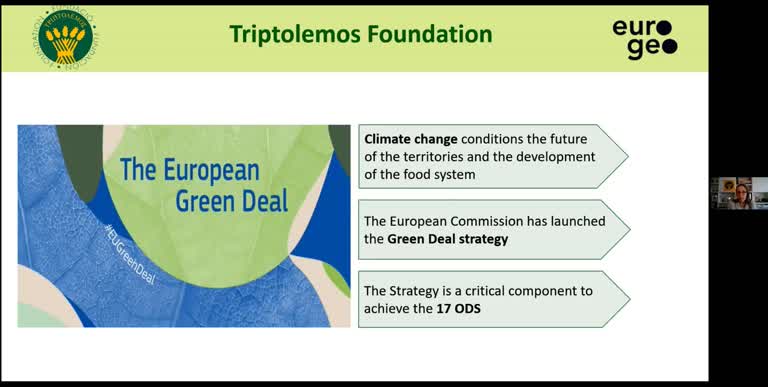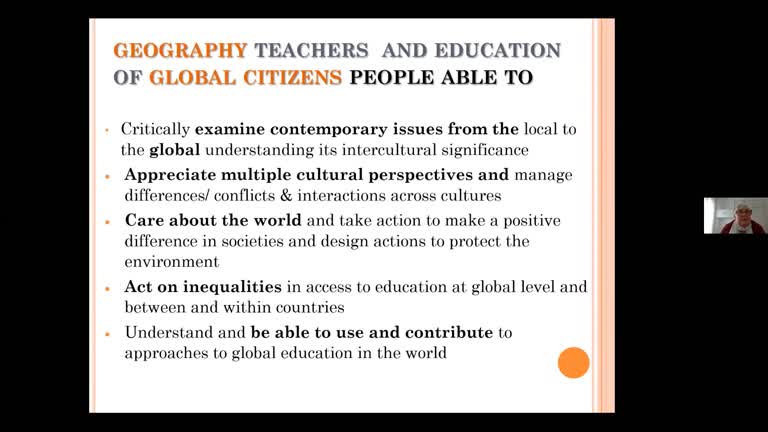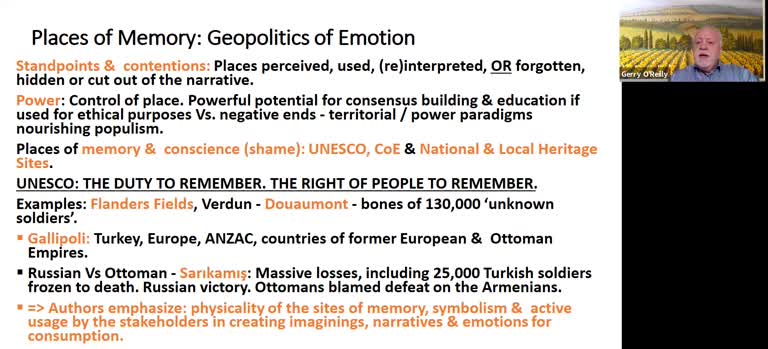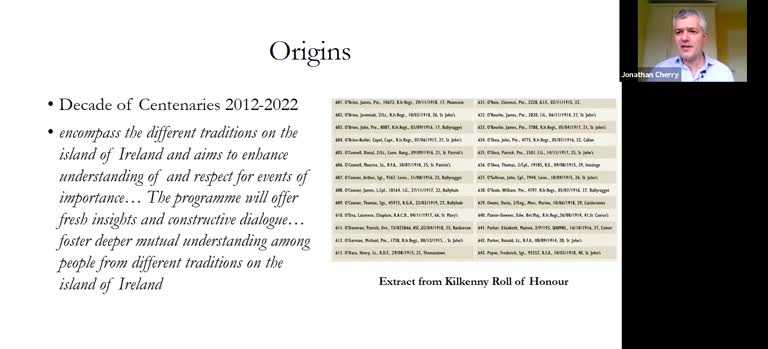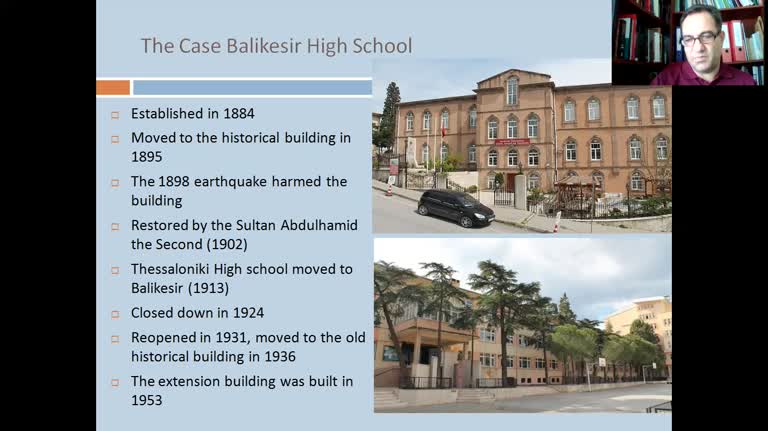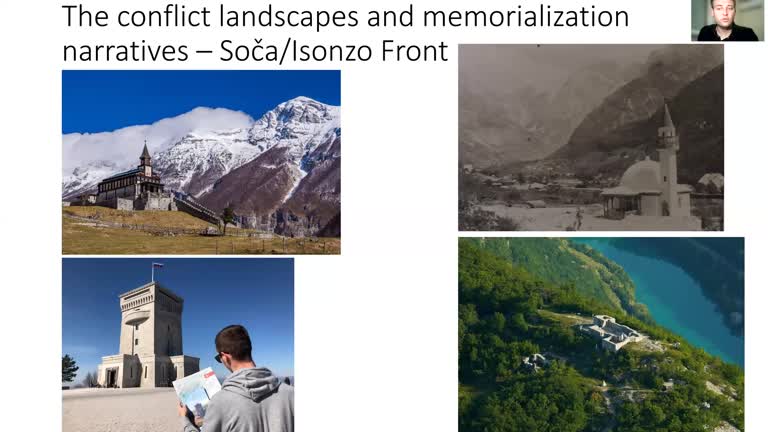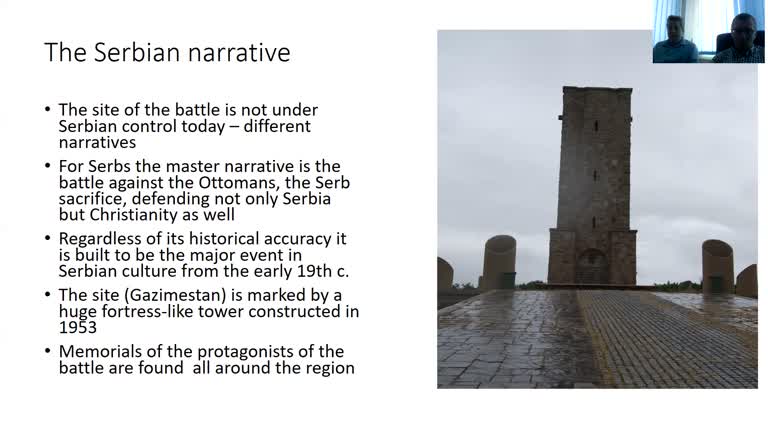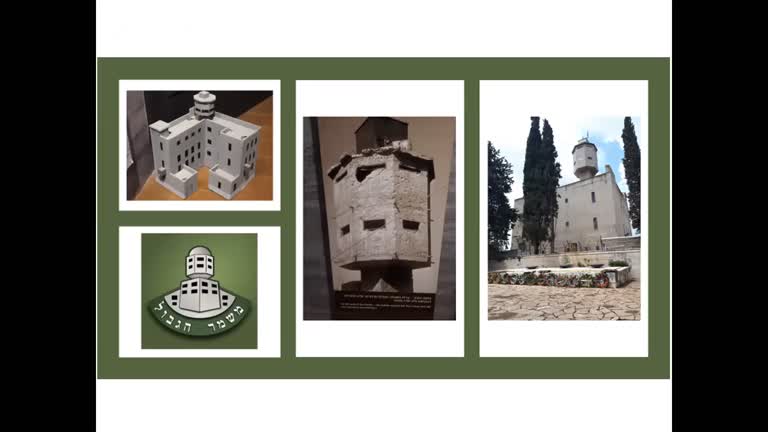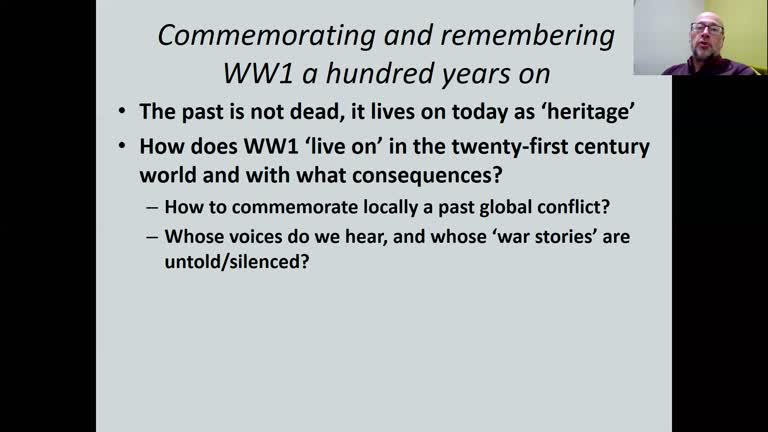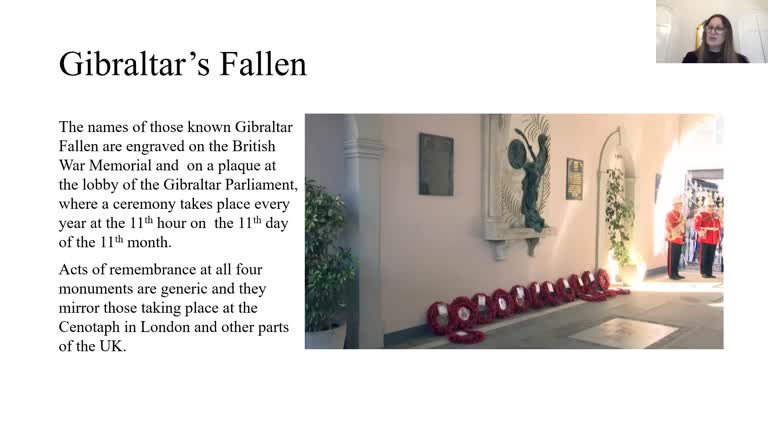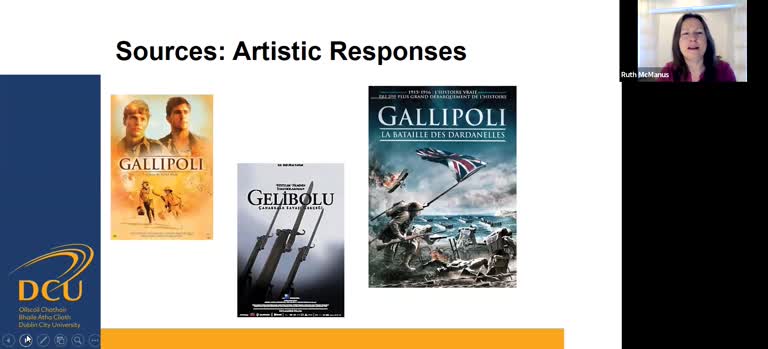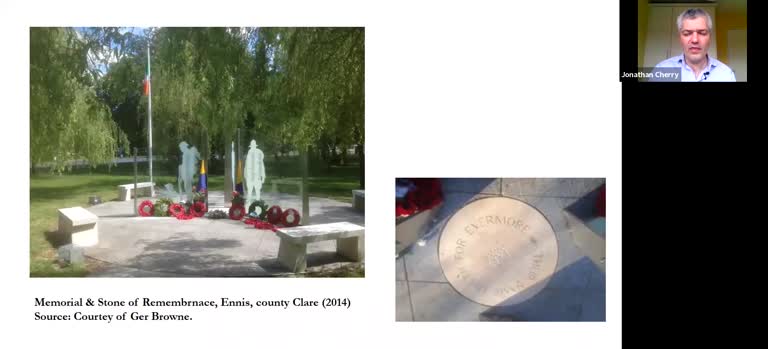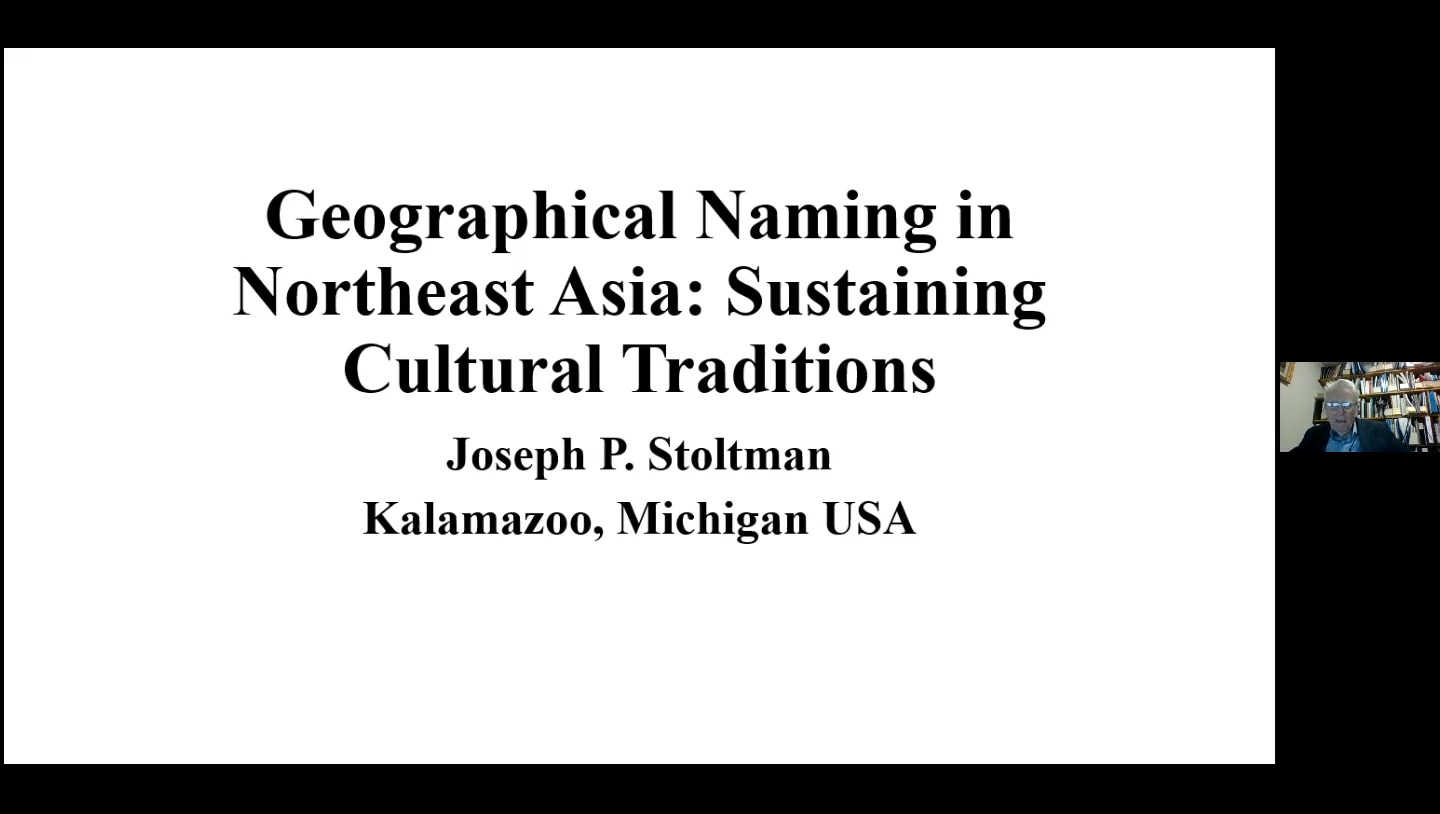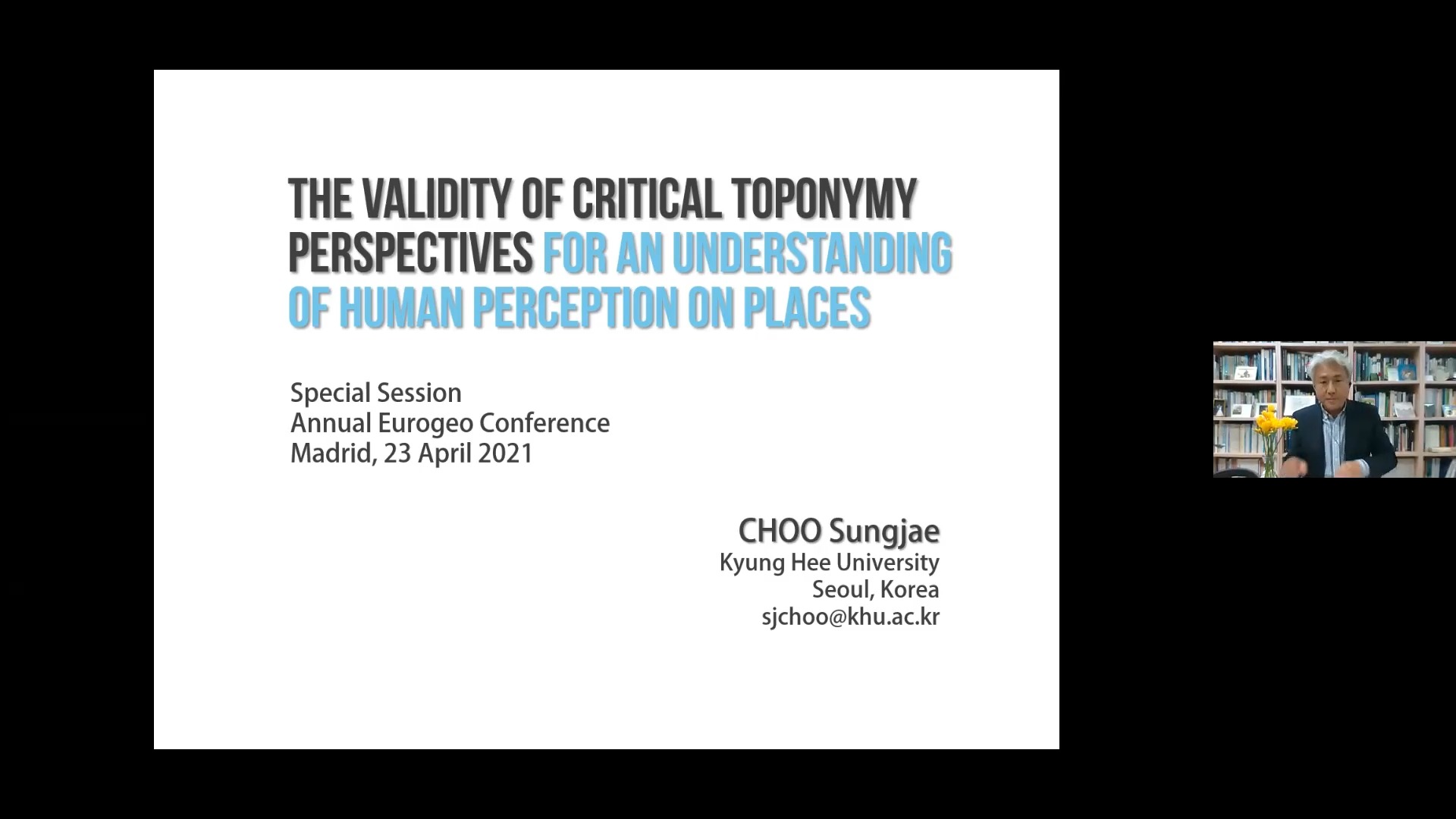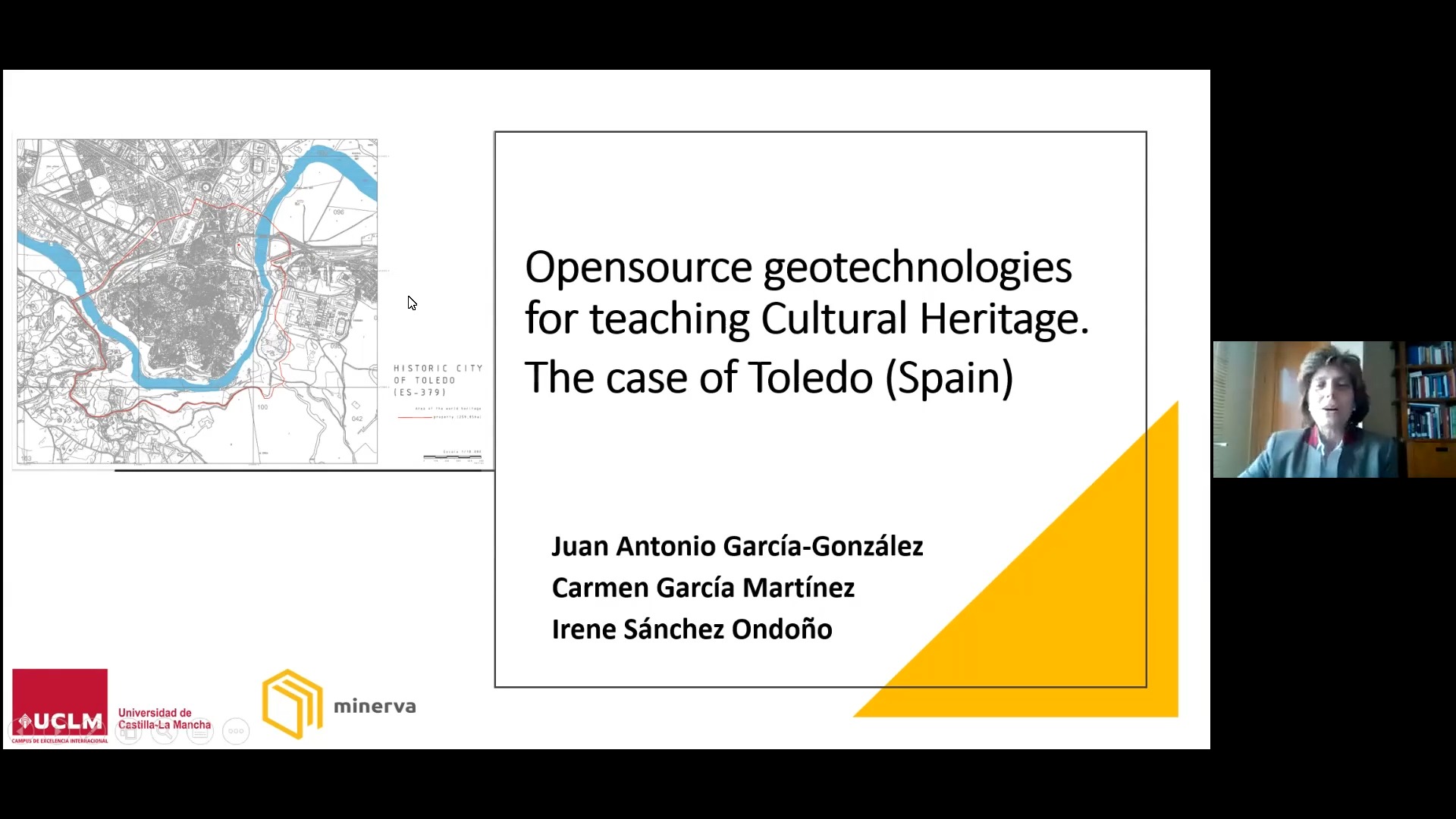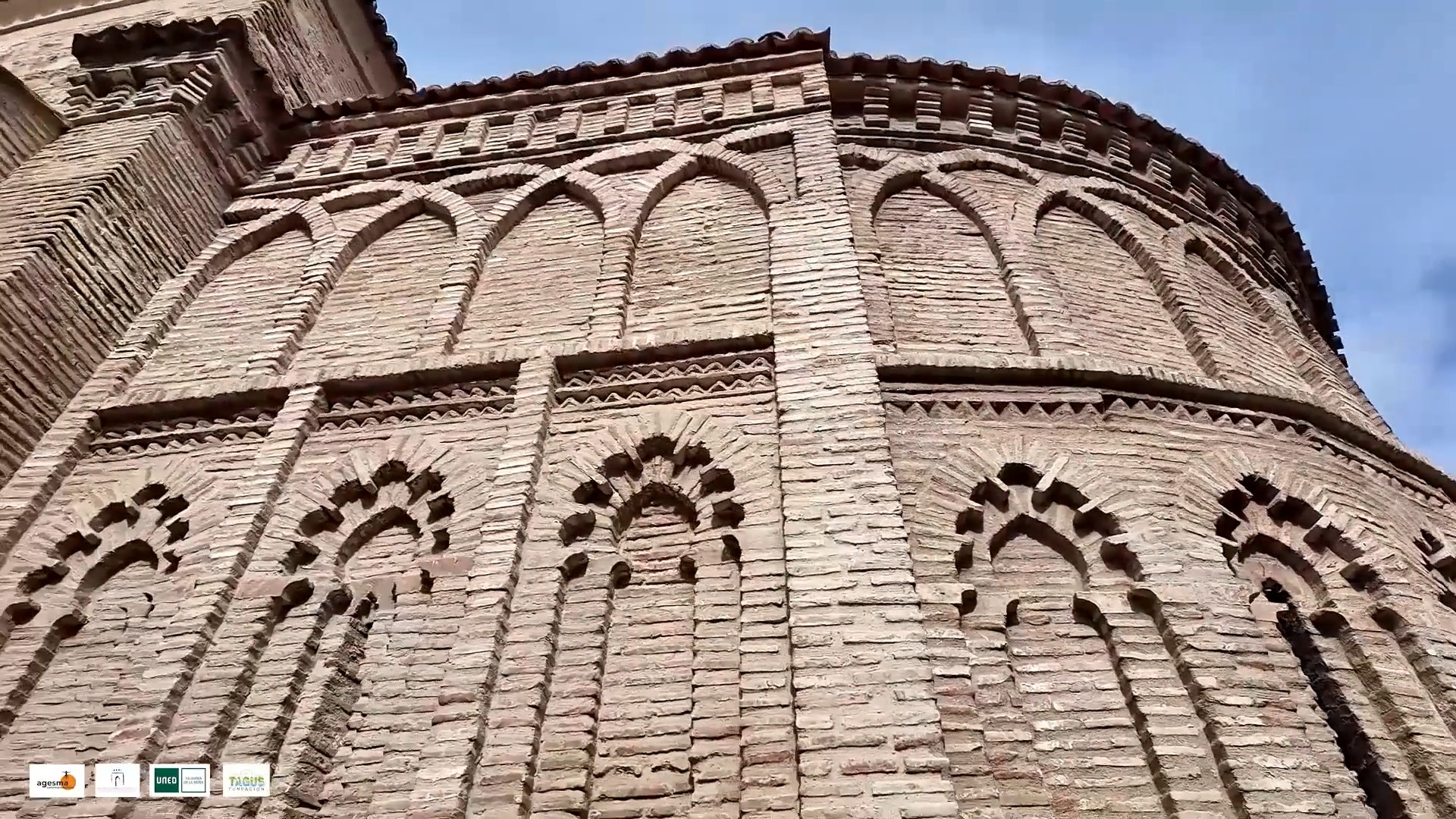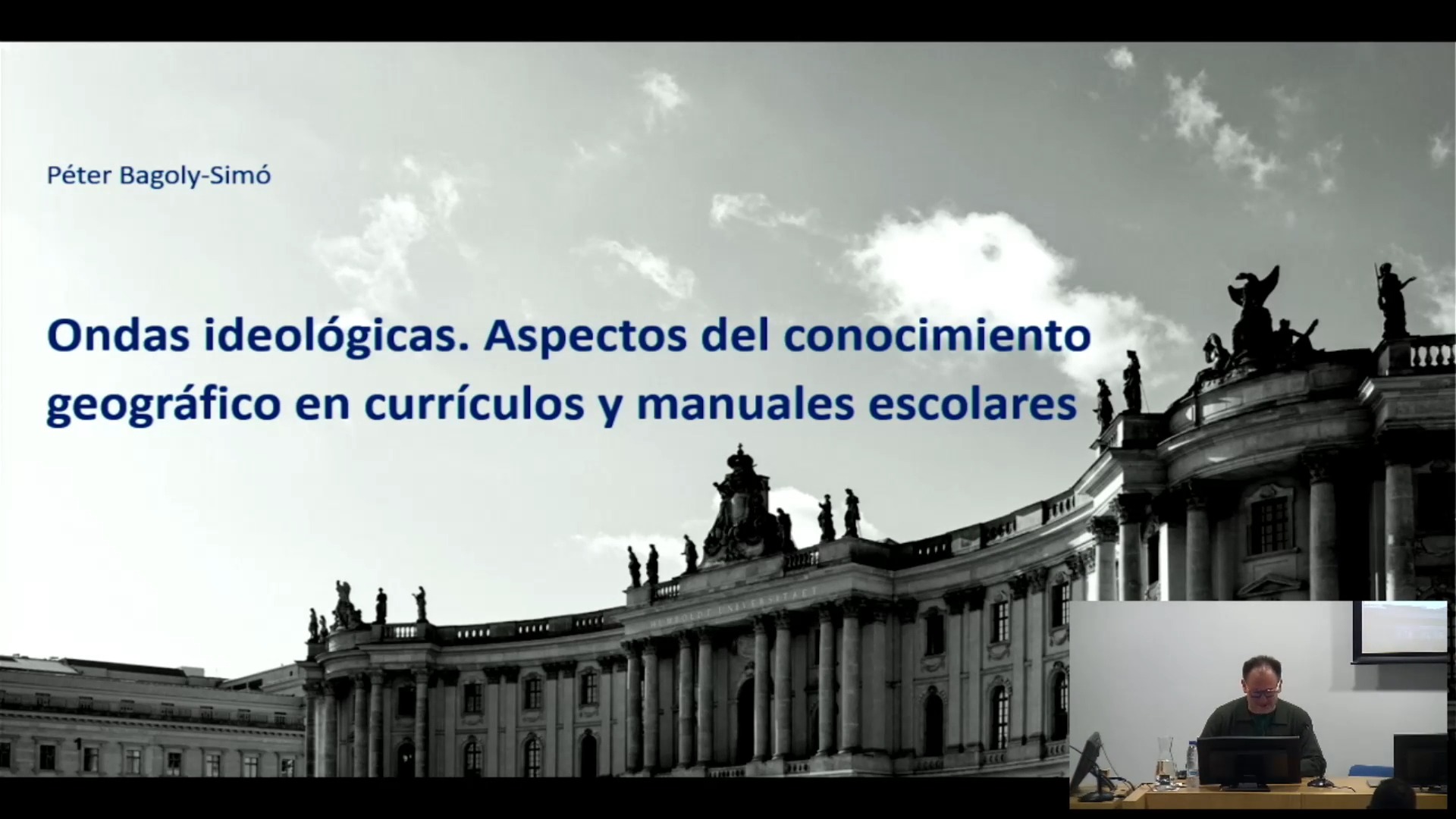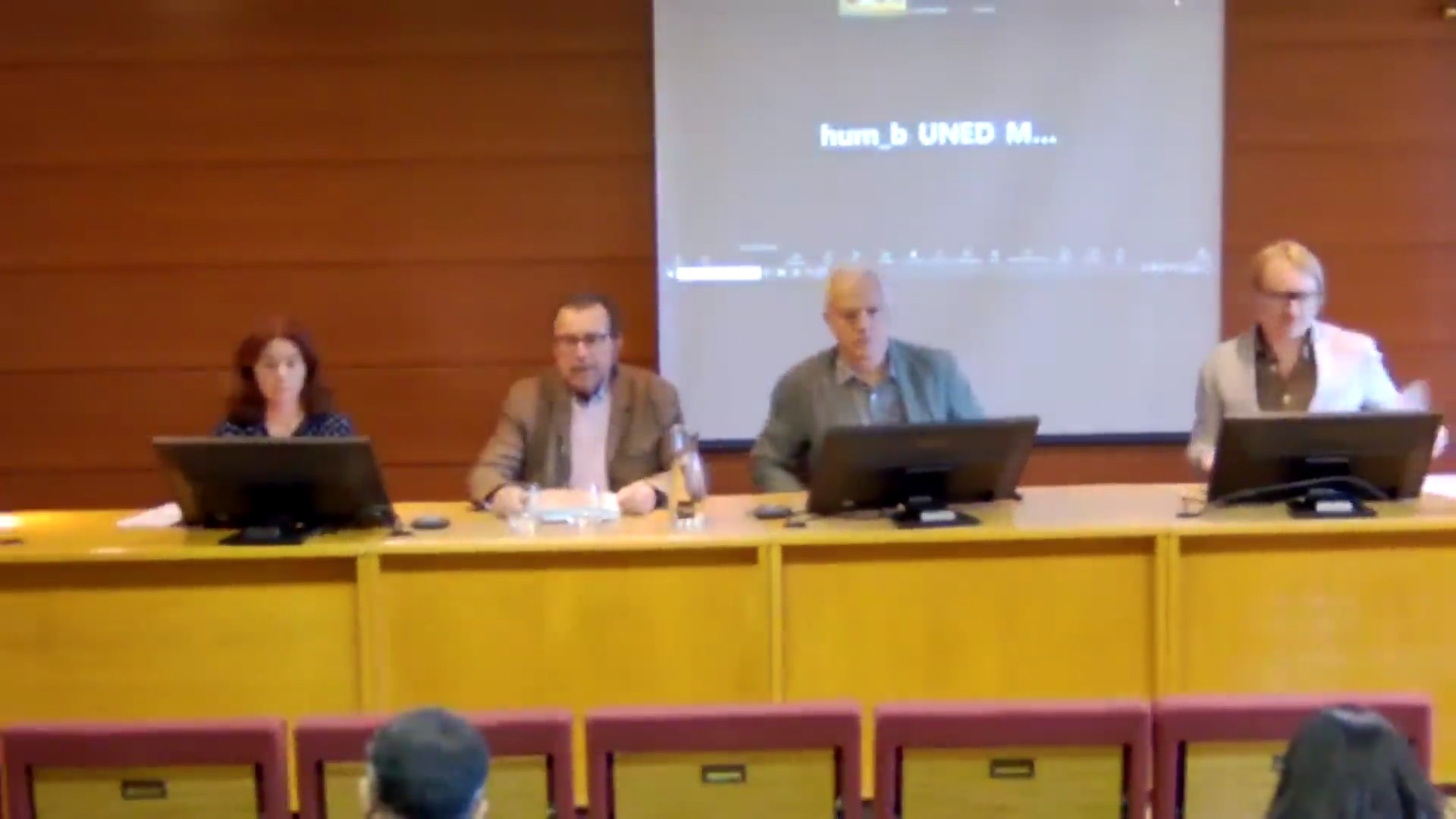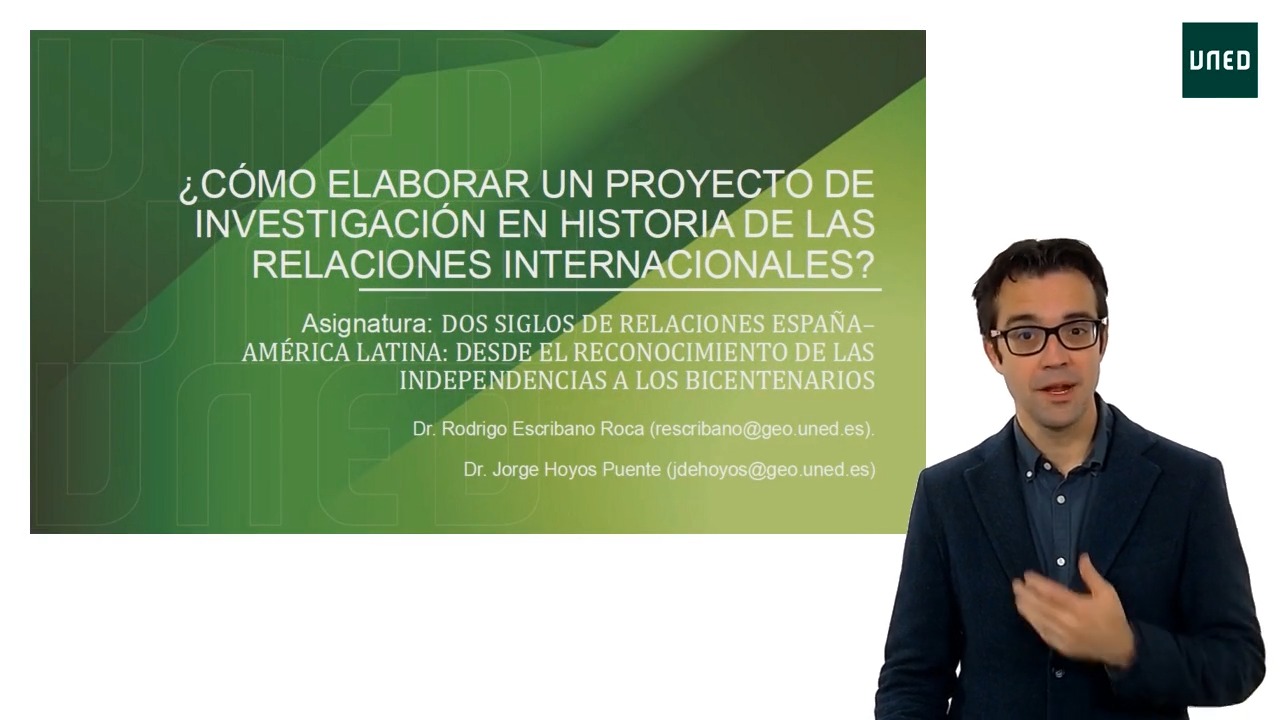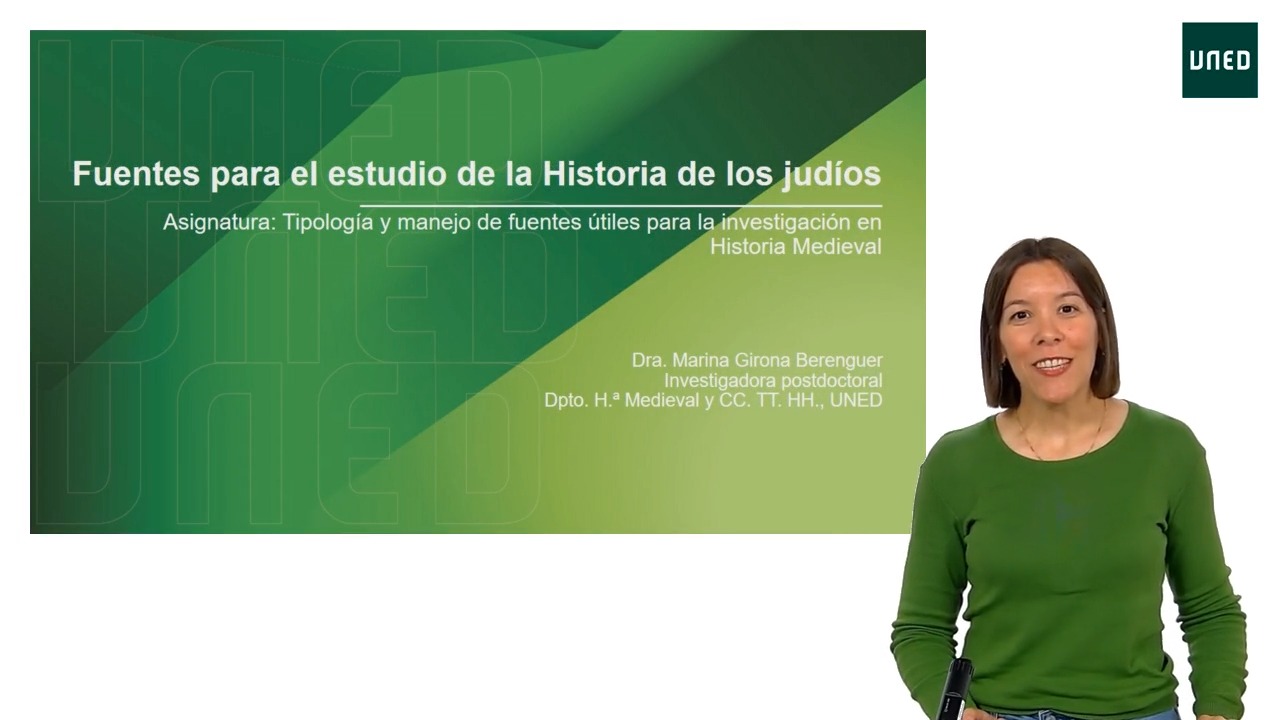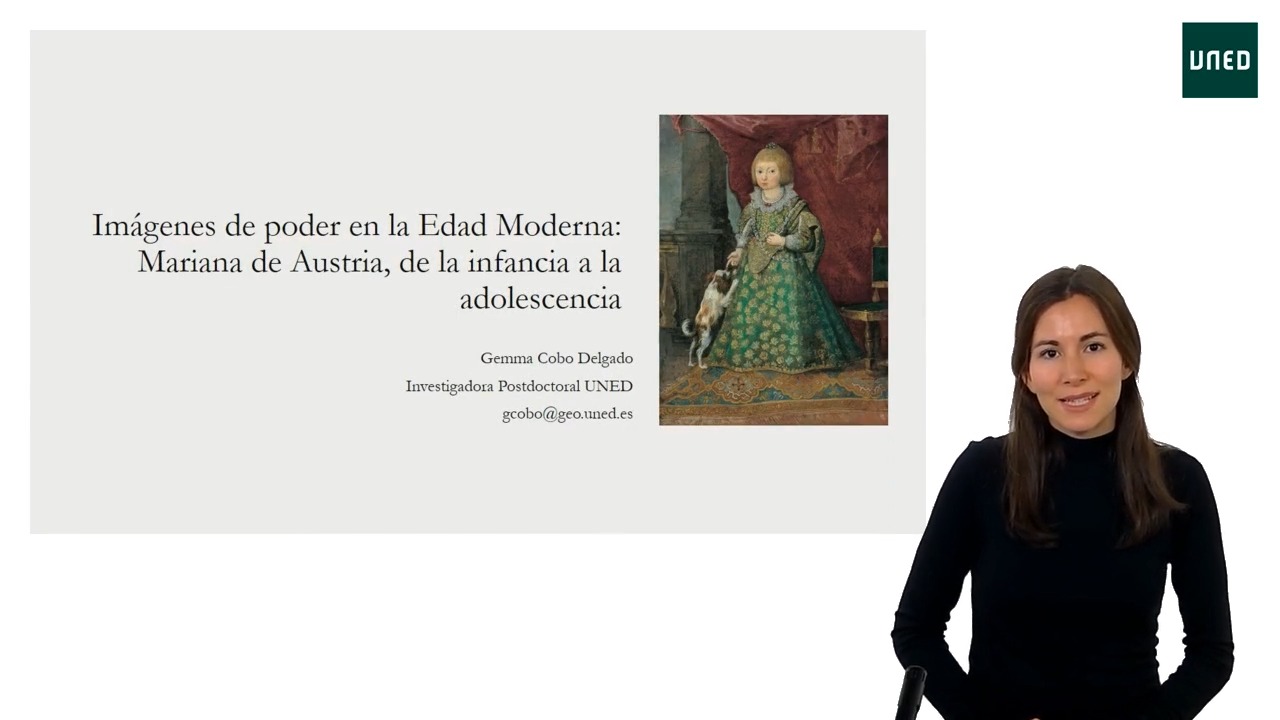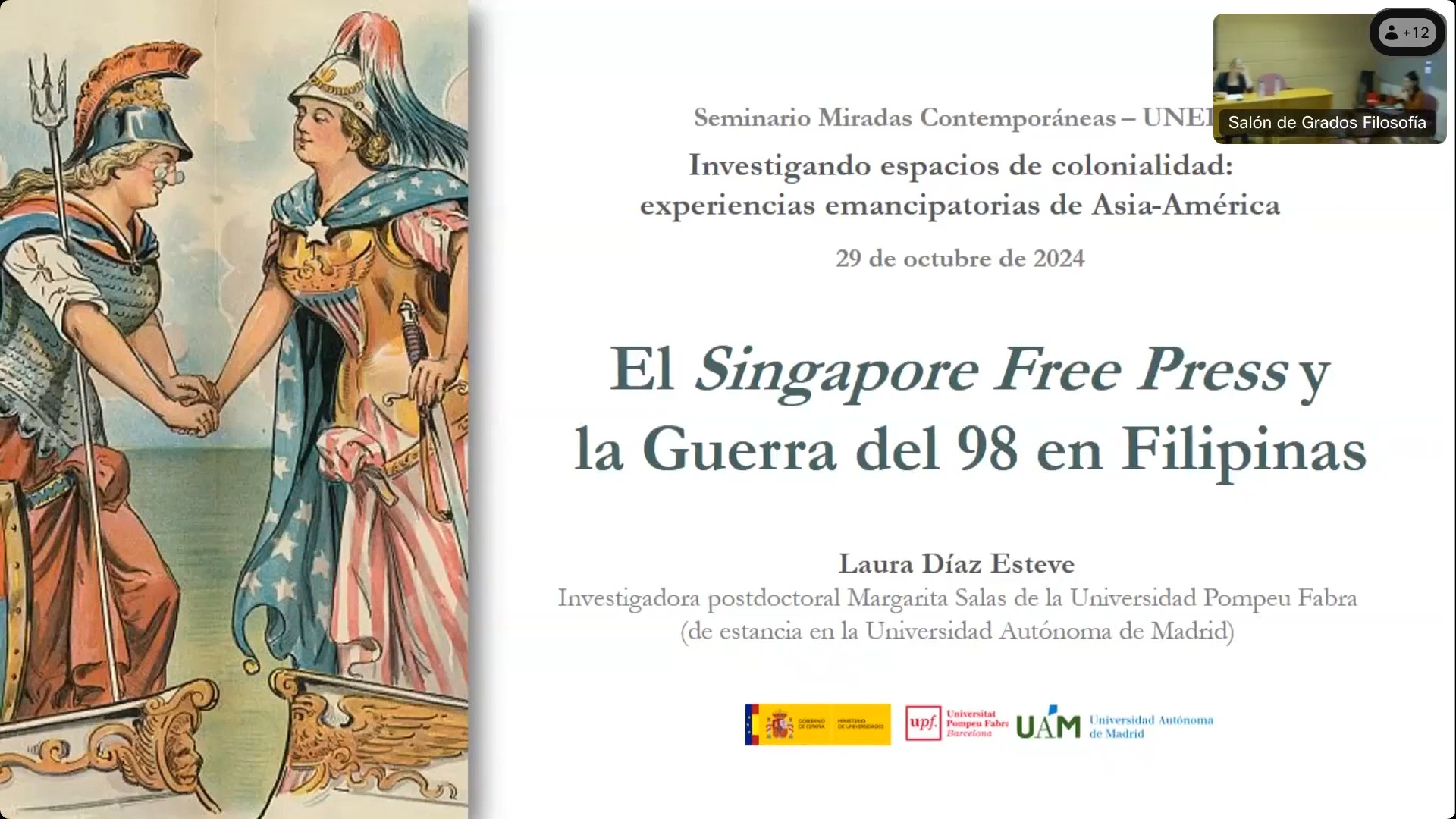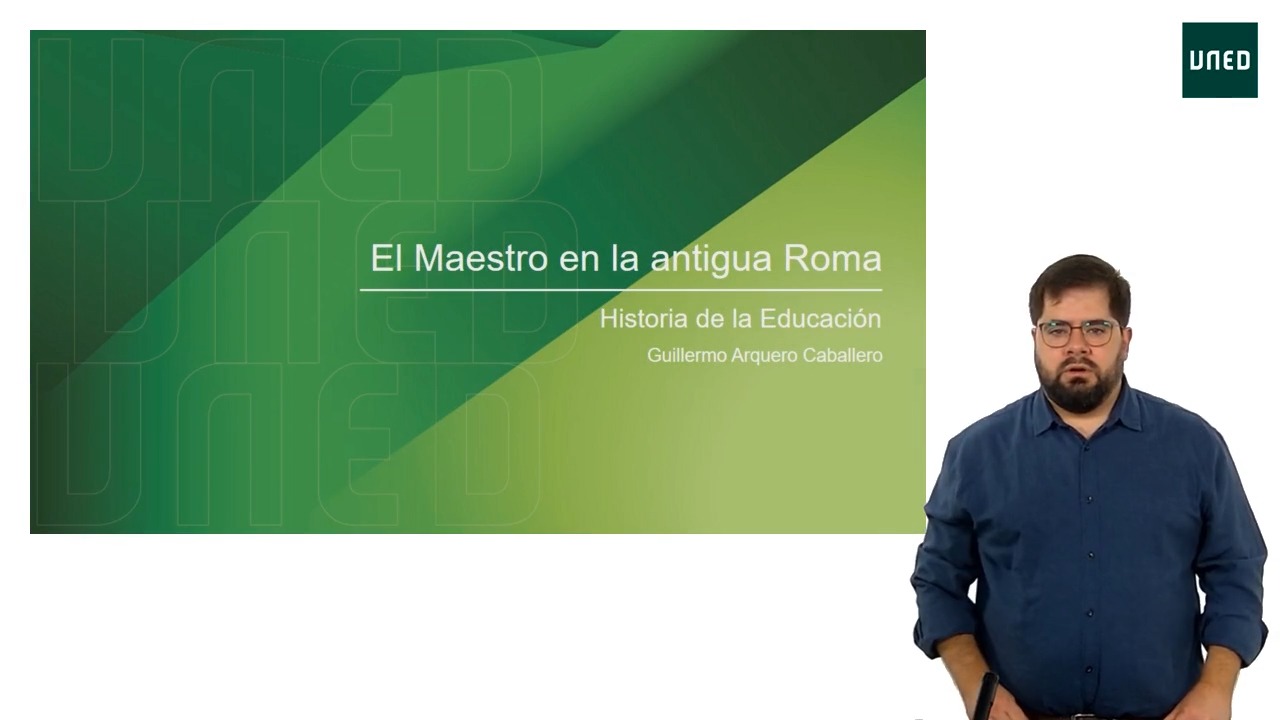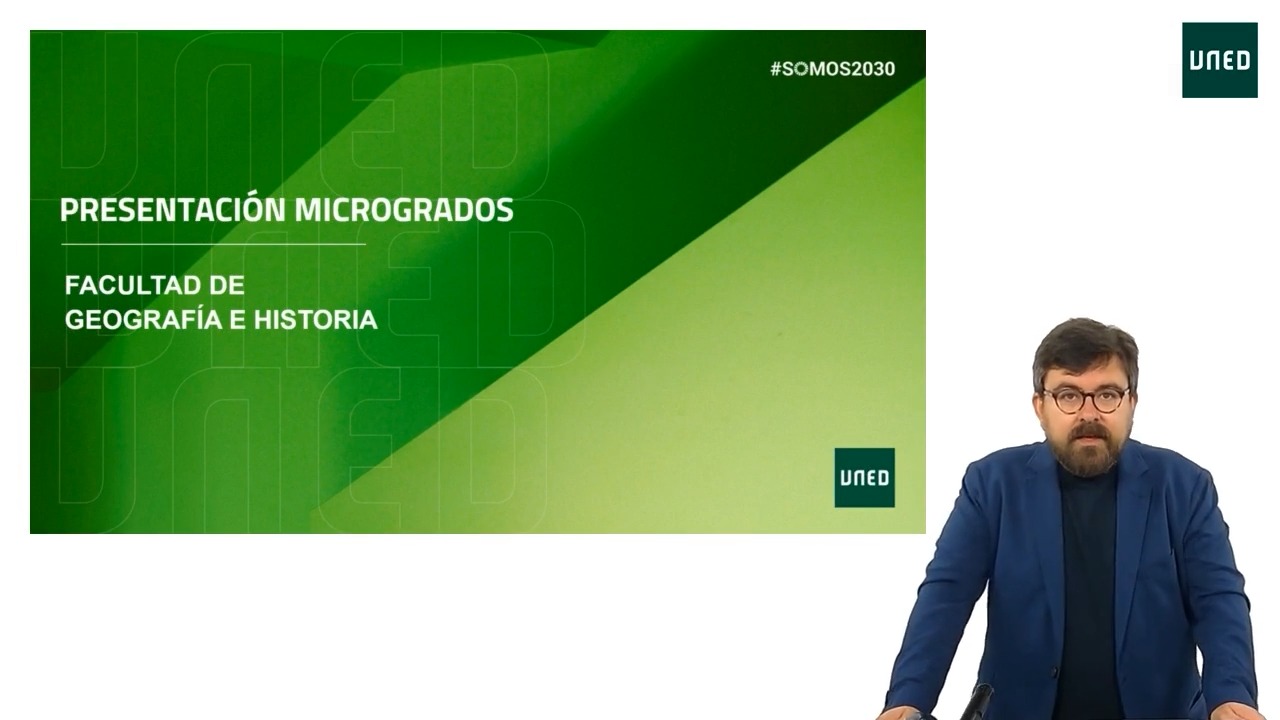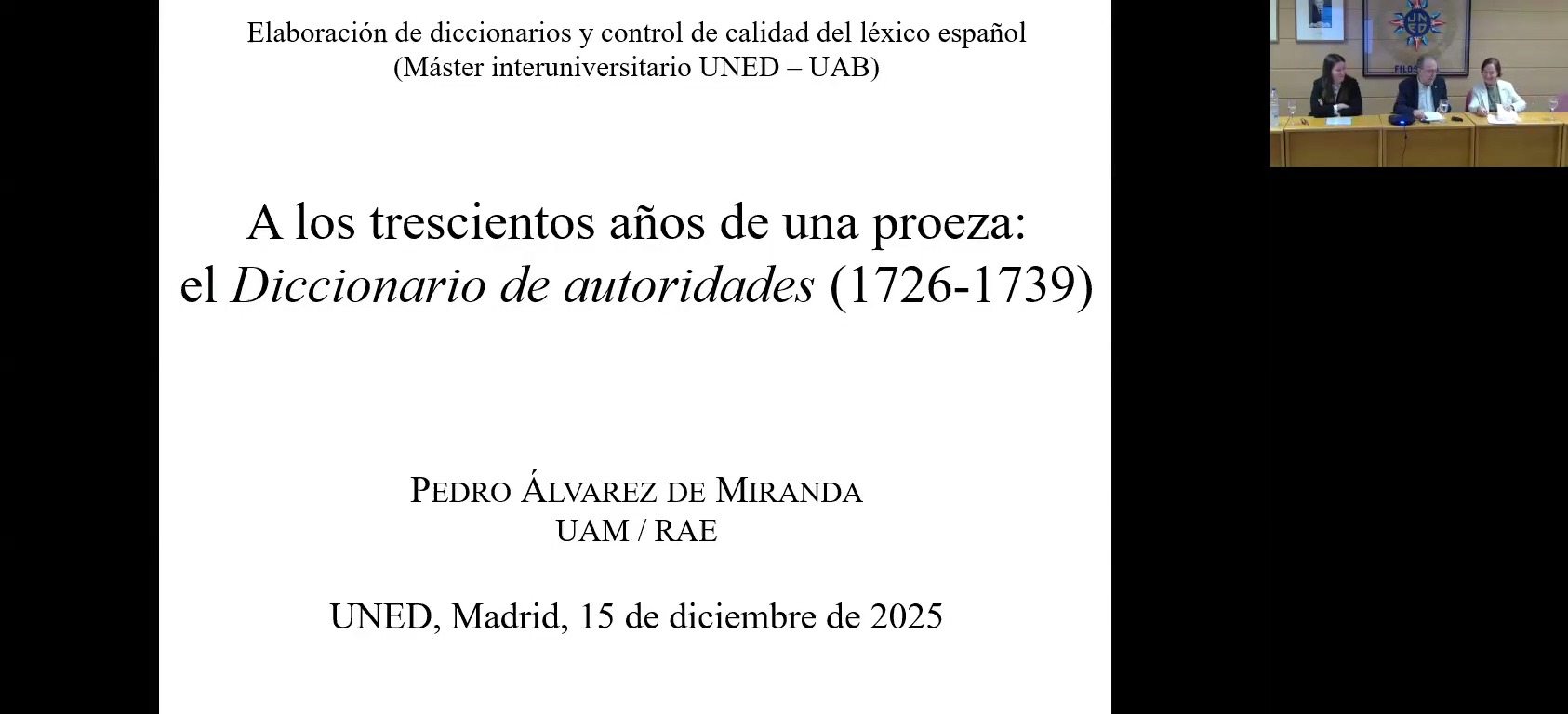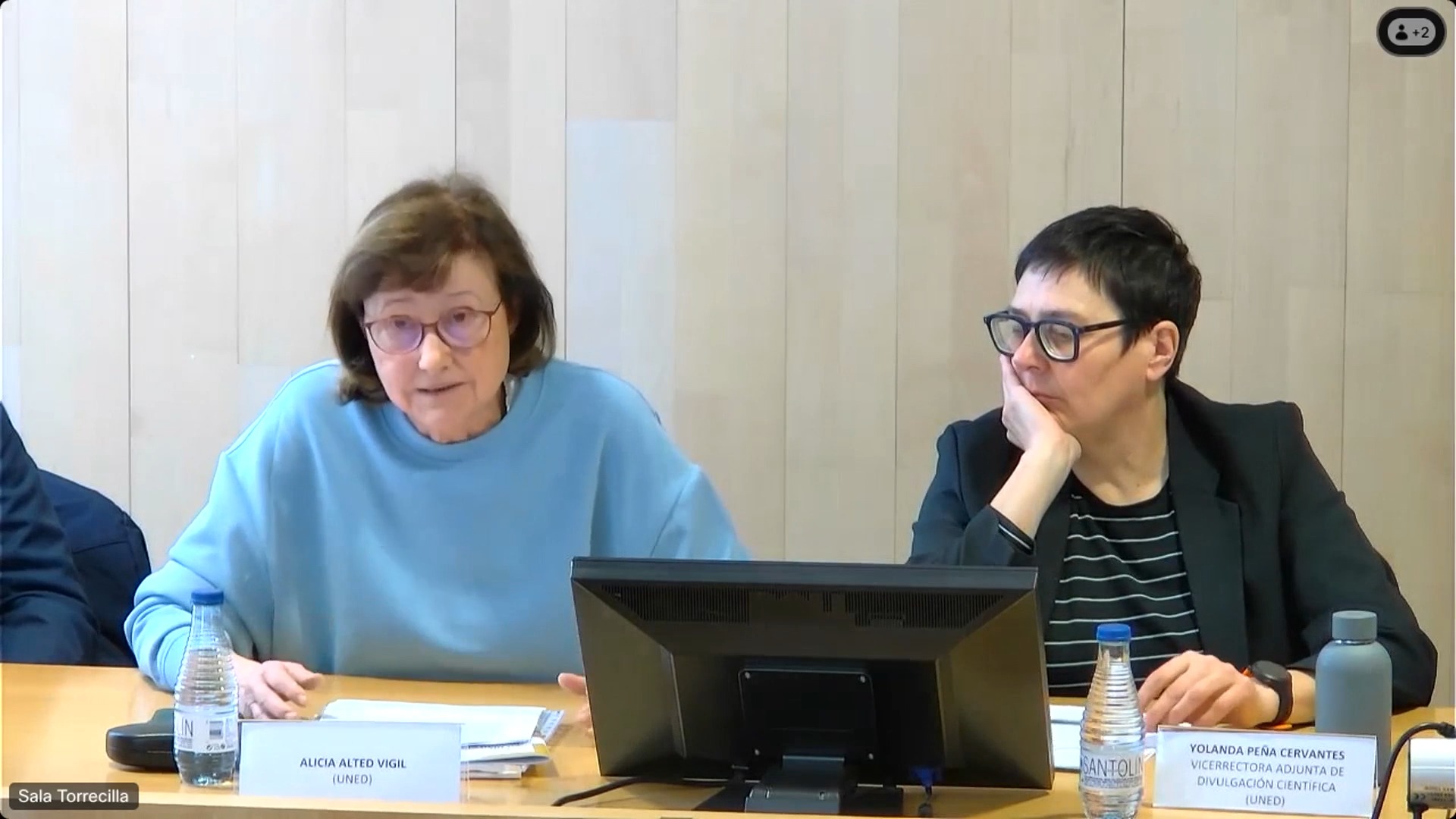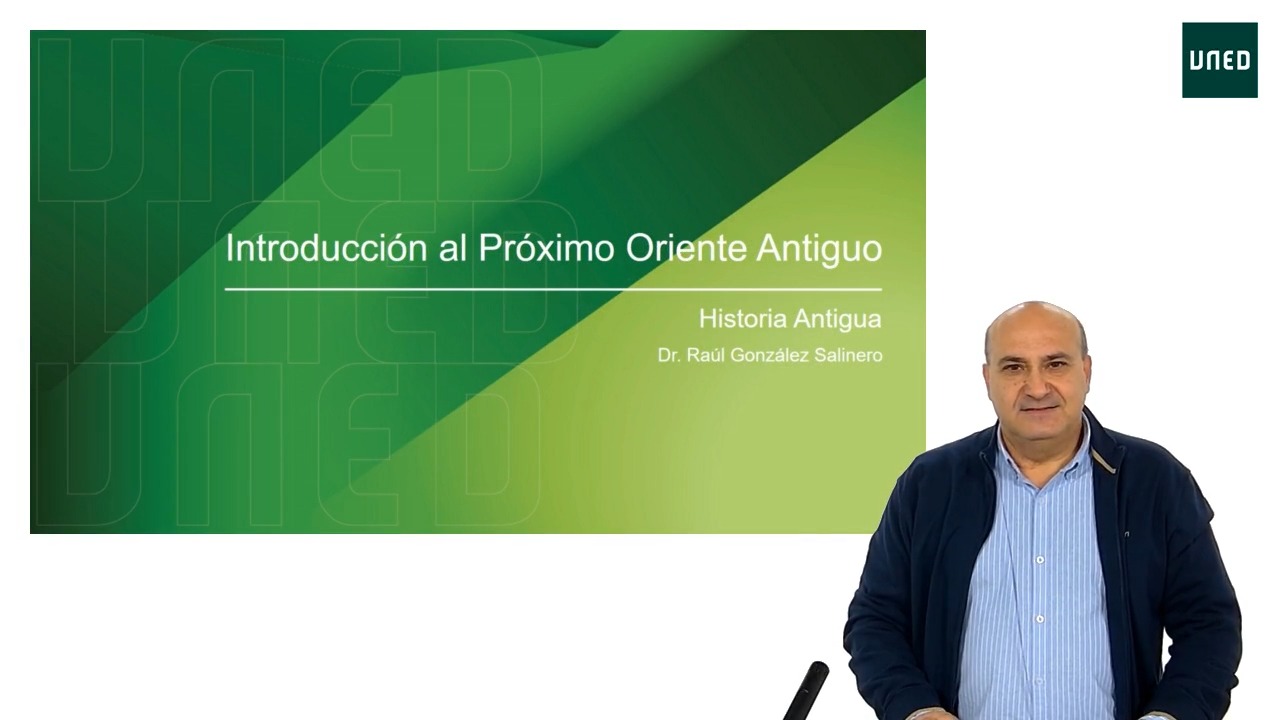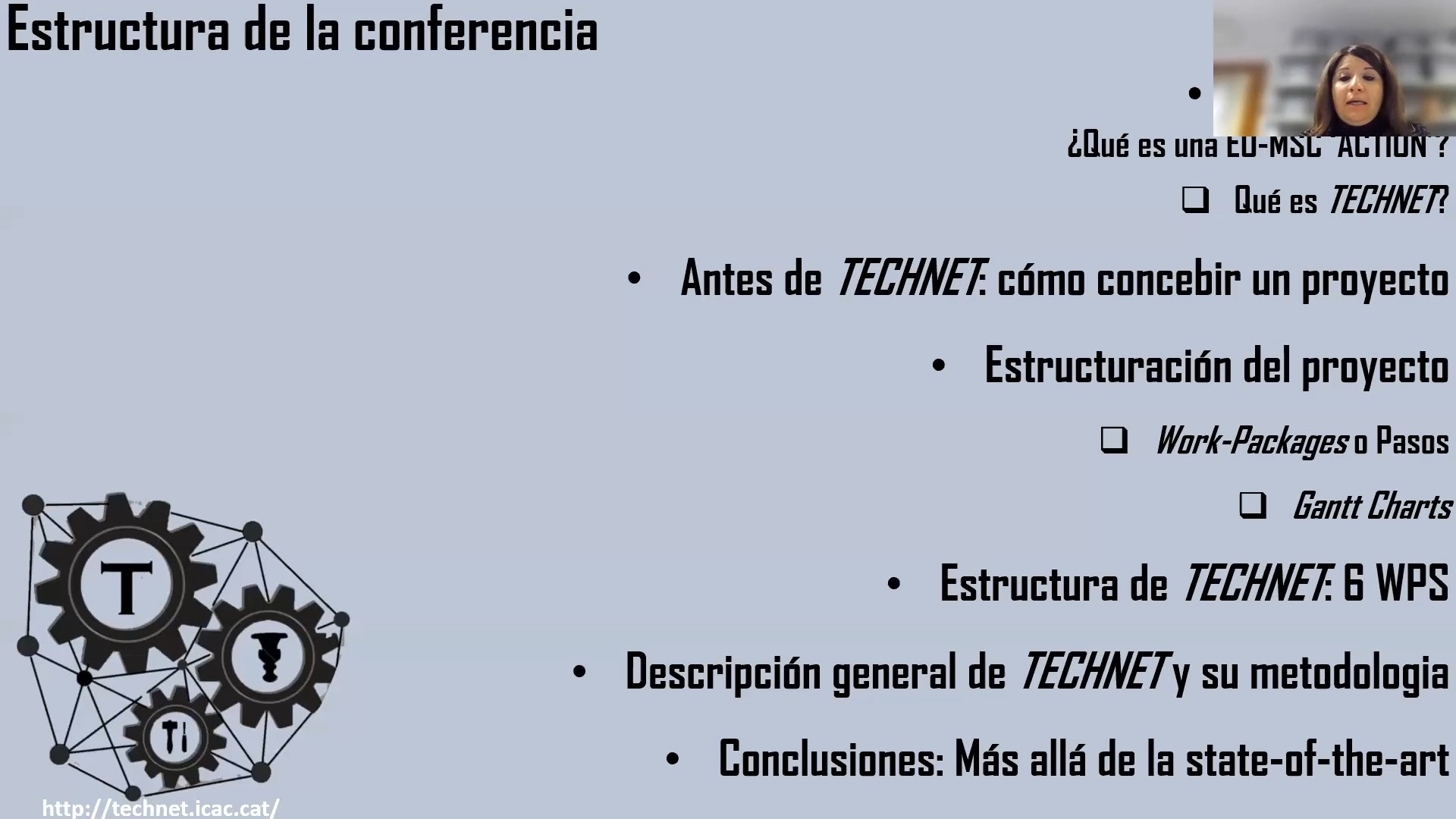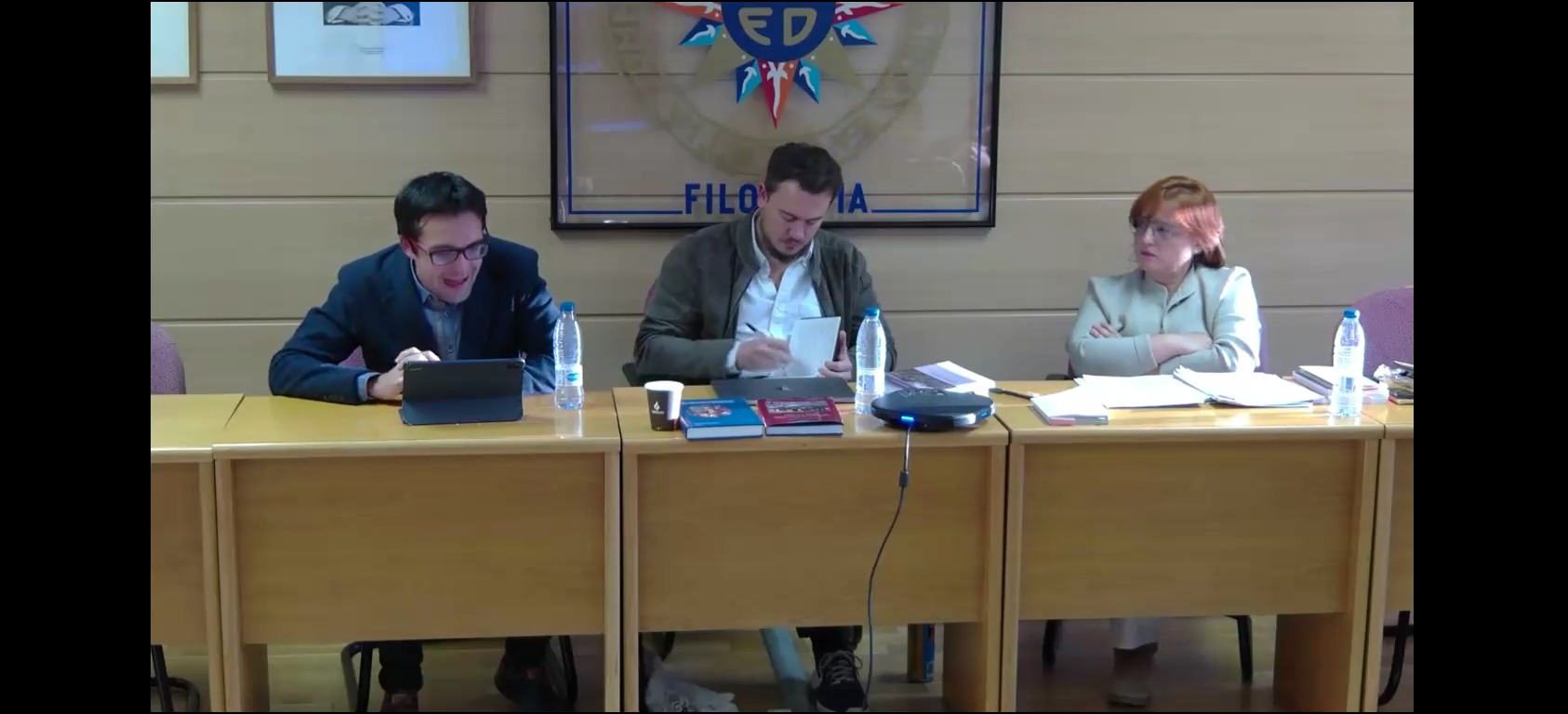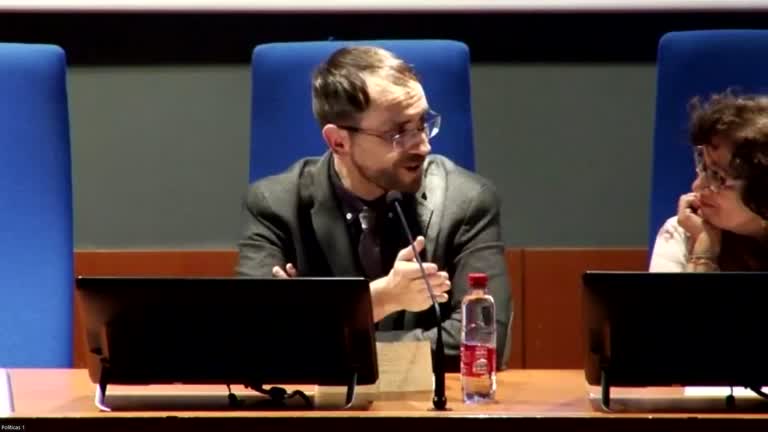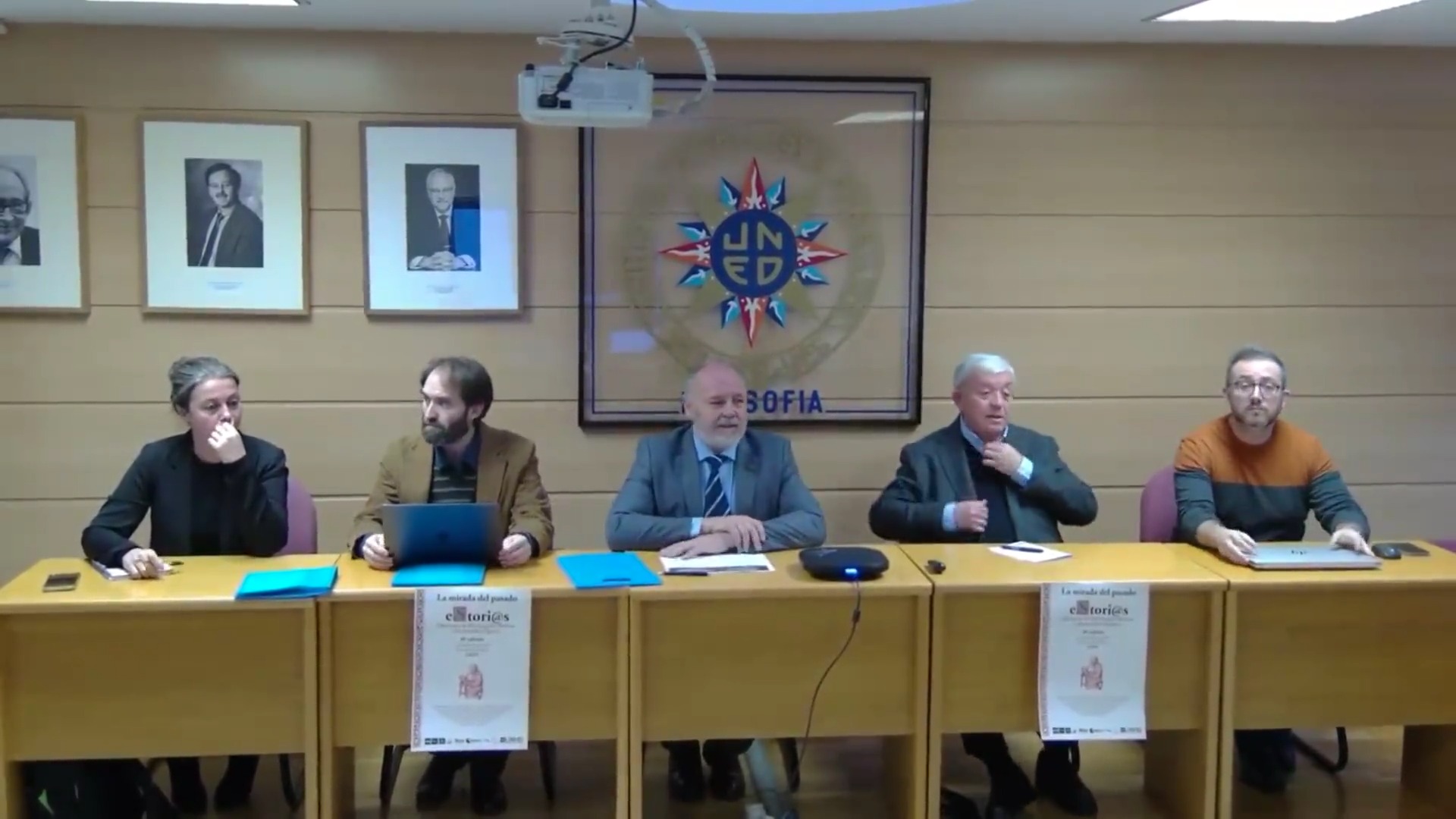Encounters Between Islam and Christianity: Mohács and Kosovo Polje
Several nations living at the southern and eastern frontiers of Europe fought bitter wars in the 14th to 19th centuries against the Ottomans, which have been playing a significant role in their identity formation. The memories of the battles are deeply embedded in their cultures and are still living today in the political discourses of basic values. Among the battles there are some with European significance and little local/national remembrance, some with both strong national and European memorial impact and some with great local/national but little international recognition. Many of the above mentioned battlegrounds turned to be lieux de memoire in the coming centuries. The Christian communities’ stand against Muslim conquest resulted in the emergence of the trope “Bulwark of Europe and/or Christianity” and the sense of exceptionalism and victimization in their self-images.
In our paper we compare two sites from the second group. The meaning of Mohács for the Hungarians is very similar to what Kosovo Polje means for the Serbs. At both places influential memorial geography has been developed, several memorial sites were erected with different narratives. At both places the victorious Ottomans had constructed the first memorial sites and the later Christian monuments are reflections to them. At both places the anniversaries, the public speeches of commemorations, the rites have national political (even multiple) significance. They can trigger strong emotions and can be means of political mobilizations.
-
Norbert Pap Department of Political Geography, Regional and Development Studies, University of Pécs, HungaryPeter Remenyi Department of Political Geography, Regional and Development Studies, University of Pécs, Hungary
Archivos adjuntos




